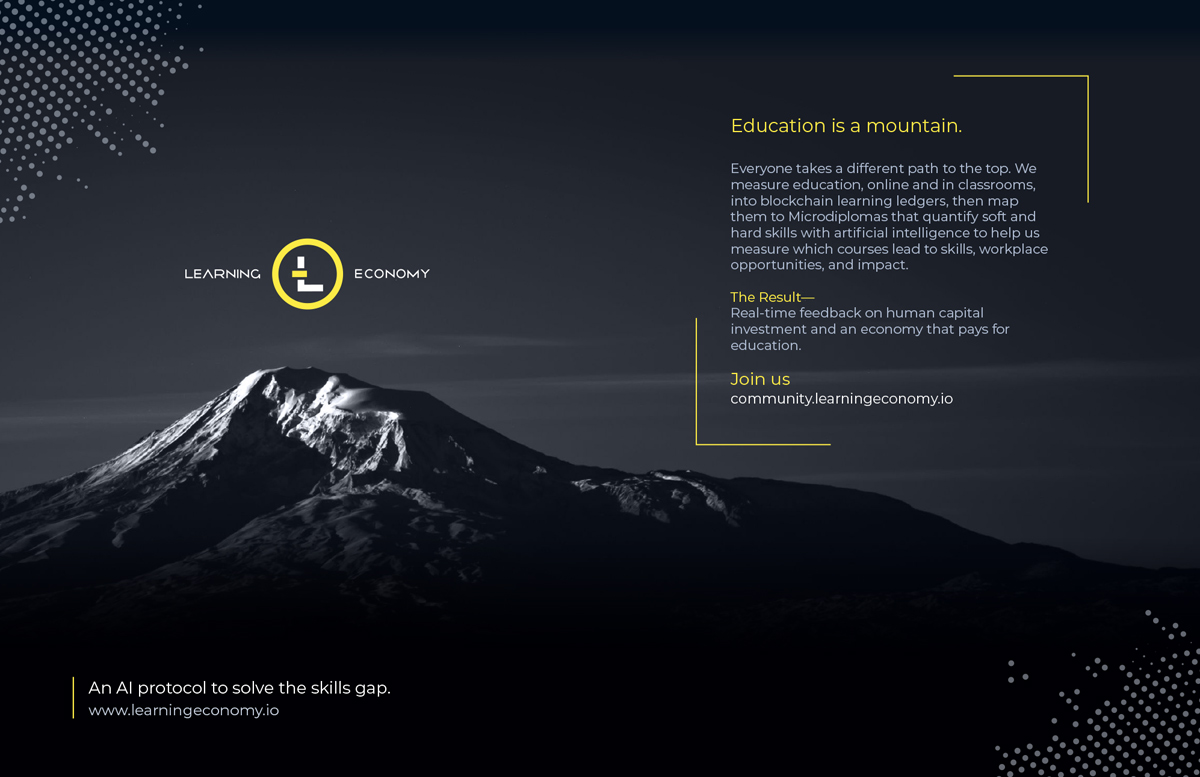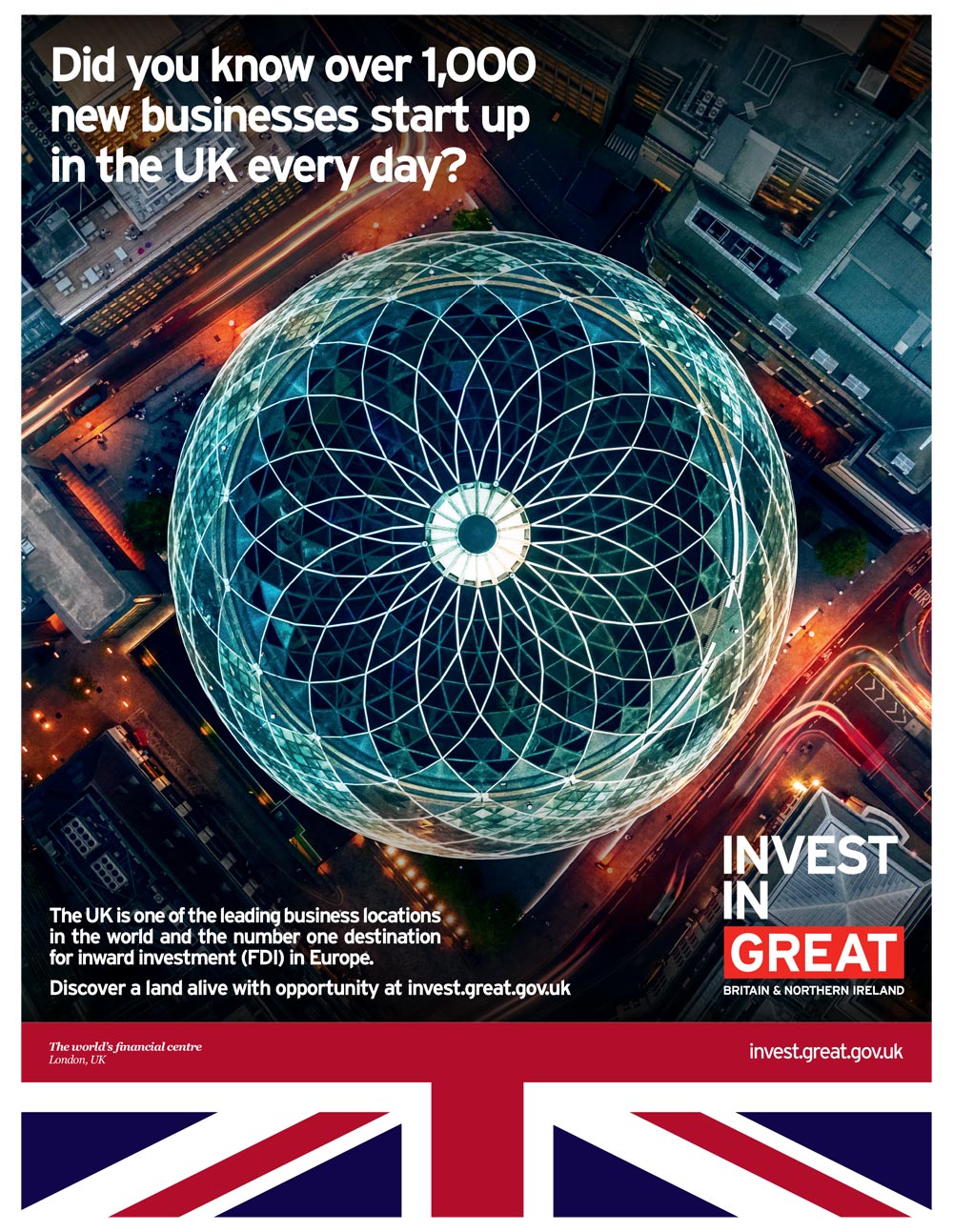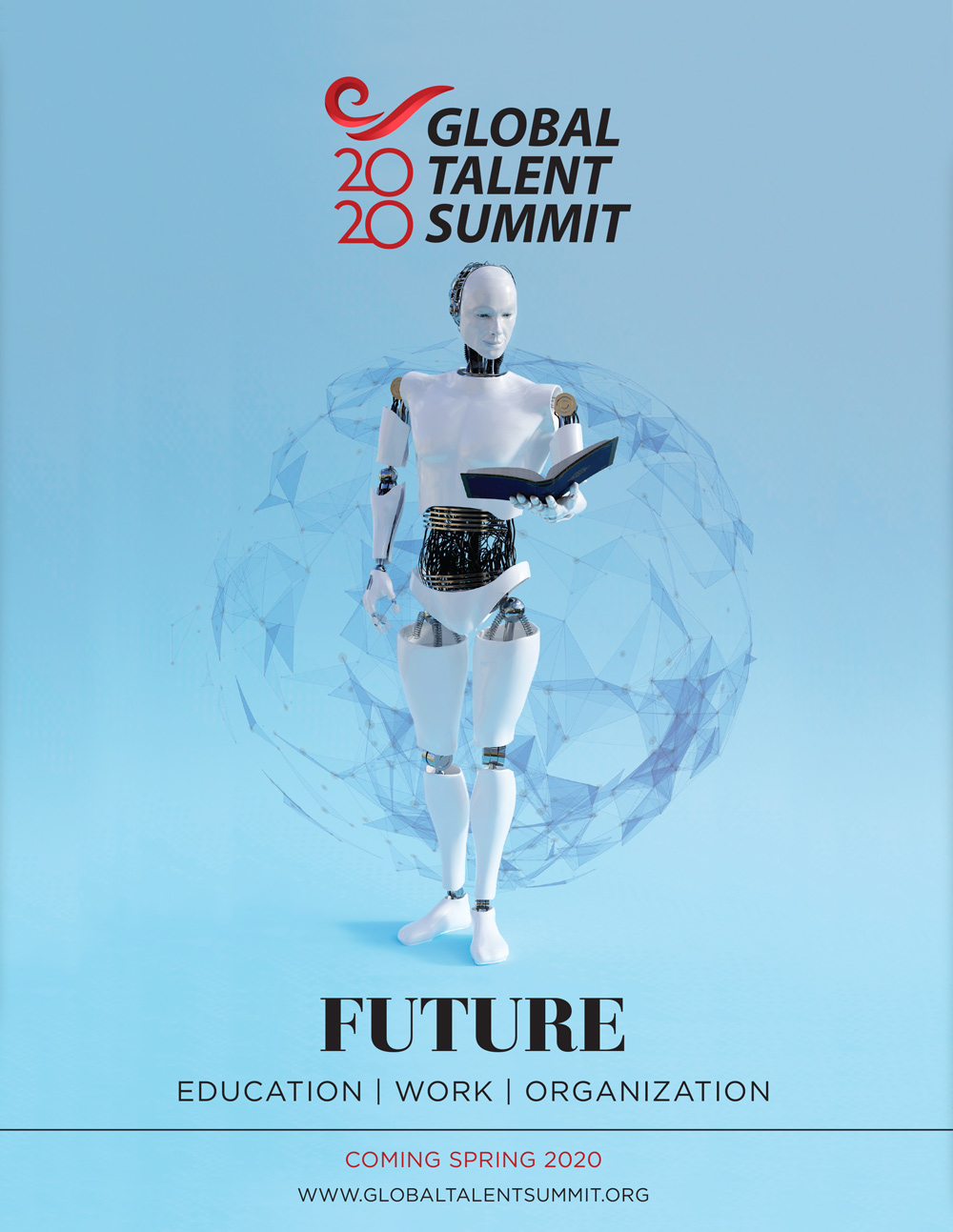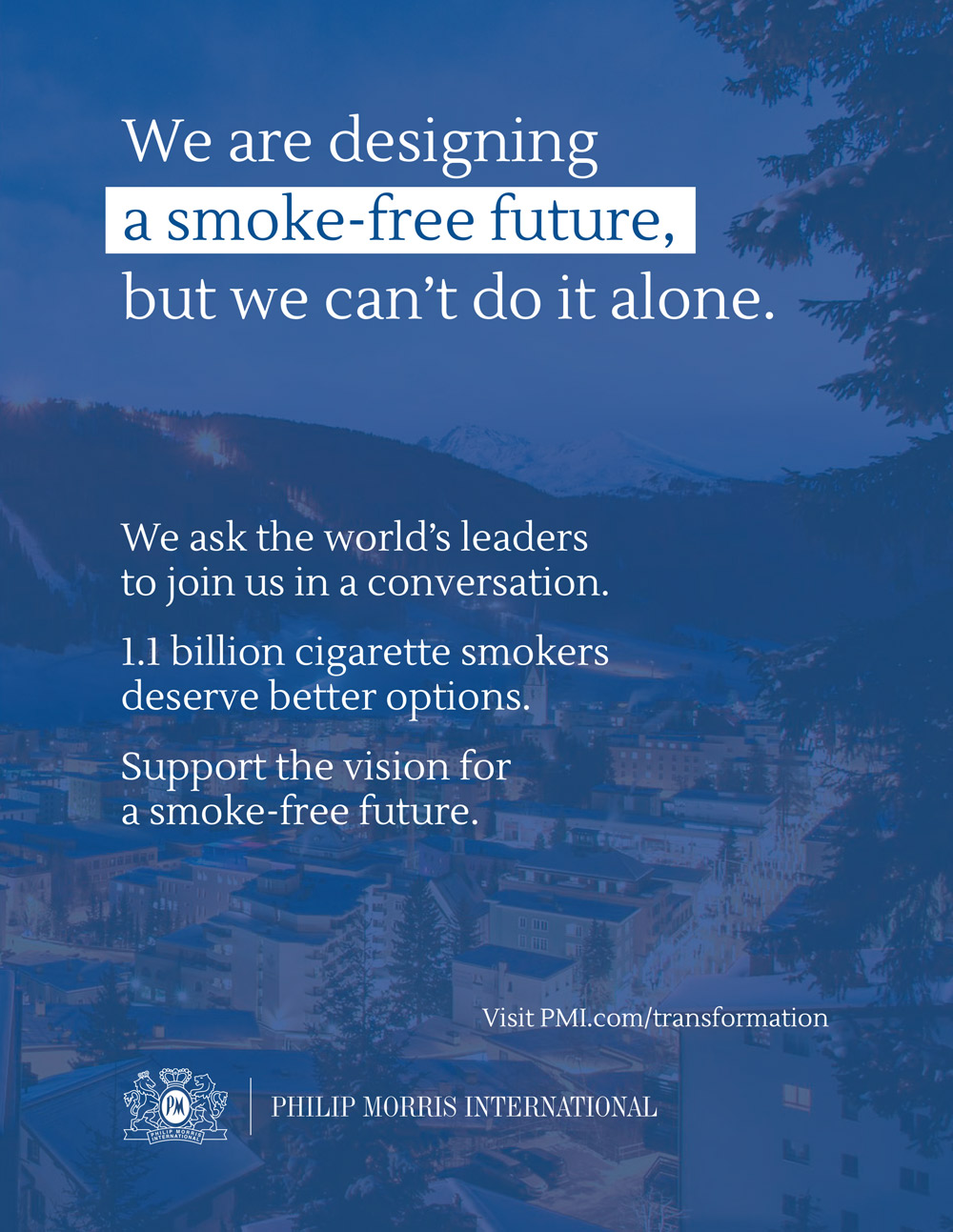contents


Updates on Japanese Business and Economy
Why More Women in Science is a Foreign Policy Imperative
Reliable and Strong Partner of the B20
So What does it Mean?
Keidanren Chairman
BDI President
The Business Impact of Environmental and Social Issues
PUBLISHER/CEO & FOUNDER
Chris Atkins
catkins@thecatcompanyinc.com
001-801-7835120 (ext 200)
Editor-in-Chief
Ana C. Rold
editors@diplomaticourier.org
Creative Director
Christian Gilliham
christian@cgcreate.co.uk
(+44) 7951 722265
Erik Berglof
PROGRAMME DIRECTOR (LSE)
Piroska Nagy-Mohacsi
Sales Executives
Ray Baker
Phil Cook
Anthony Leigh Jones
Delano Johnson
Tryrone Eastman

All rights reserved. The B20 Publication is a product of CAT Company.
No part of this publication can be reproduced without written consent of the publisher Chris Atkins and the CAT Company. All trademarks that appear in this publication are the property of the respective owners.
Any and all companies featured in this publication are contacted by CAT Company to provide advertising and/or services. Every effort has been made to ensure the accuracy of information in this publication, however, CAT Company makes no warranties, express or implied in regards to the information, and disclaim all liability for any loss, damages, errors, or omissions.
editorial


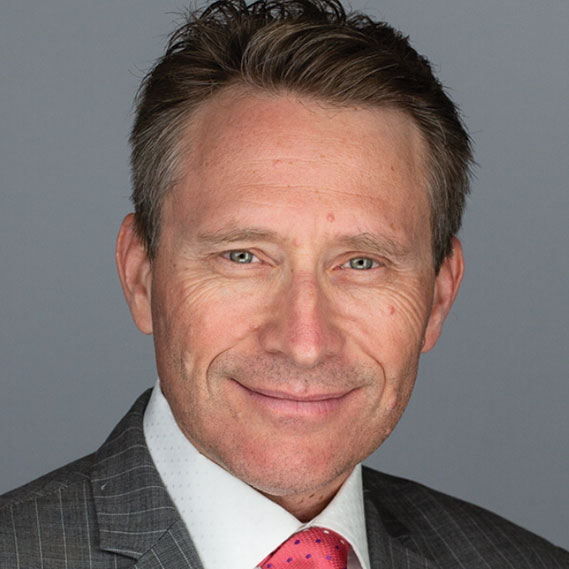
Publisher, ceo & Founder
Cat Company, Inc.
I am thrilled to welcome you to the 2019 B20 Summit Magazine.
It has been exactly 22 years since CAT Company produced the very first G7 Summit publication. In 1997, our work earned us the trust of the host government and since then we have been honored to be the go-to publisher and consultant for host governments of the G7 and the G20 Summits for 22 years in a row. For over two decades our company’s own history and legacy are tied to these most important of global leadership gatherings.
As we reflect on the past two decades and more, I wish to express my heartfelt thanks to Japan’s B20 Host Committee for their collaboration and permission to distribute our publication at the B20 Summit this year. I also want to take this opportunity to thank a new content and editorial partner, the London School of Economics and Erik Berglof, the inaugural Director of the Institute of Global Affairs and its newly launched Global Policy Lab.
It’s been a true privilege to work with Professor Berglof in this edition and I look forward to our continued collaboration this year and beyond.
In more than two decades our company has grown and expanded exponentially. Our portfolio of publications, which also includes the leading editions for the G7 Leaders’ Summit, G20 Leaders’ Summit and B20 Summit respectively, have been recognized globally.
Our company’s mission has been and continues to be to educate the global community on the most vital topics affecting our society and the agenda and leaders at the G7, G20 Leaders & B20 Summits. Through our award-winning publications, we have created an unprecedented opportunity for private sector leaders to have a voice at these summits even when they don’t have a physical seat at the table.
We look forward to the B20 Summit and G20 Leaders Summit in Japan this year; and we look forward to working with you all again in the years to come!

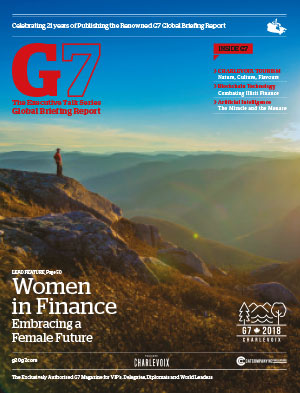
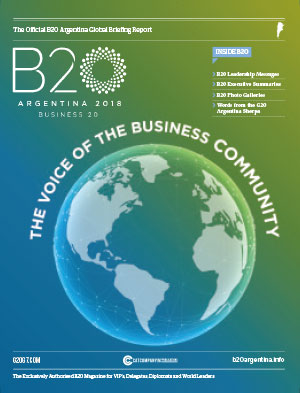
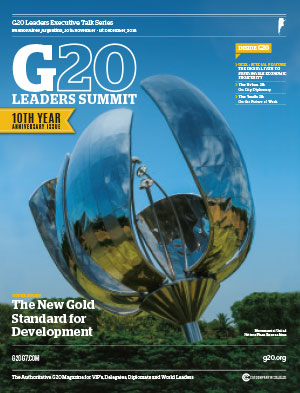
message


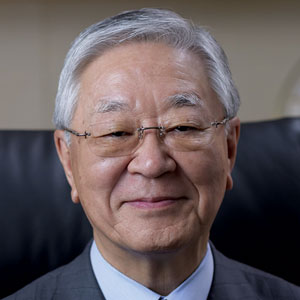
Keidanren Chairman
The central concept of the proposal is Society 5.0, based on the idea that human society is moving into a fifth stage. Following on from the Hunting Society, Agrarian Society, Industrial Society, and Information Society, the fifth stage will be a Creative Society, in which a combination of the digital transformation and the imagination and creativity of diverse people will make it possible to solve the problems facing society and create new values. I believe effective use of Internet of Things and artificial intelligence will allow all of us to harness our true human creativity and create a new society of the future using cutting-edge technology.
GLOBAL BRIEFING REPORT
message



BDI President
Without a doubt, consensus-building has become more difficult, as we witnessed during the G20 Summit in Buenos Aires. The Communiqué falls short of those of previous summits, including the G20 Summit in Hamburg in 2017. The Communiqué neither provides any concrete measures on how to implement the Paris Agreement nor sufficiently addresses the rising trade tensions; it furthermore does not offer a comprehensive digital strategy. Given the current geopolitical environment, however, it was a success in and of itself that the Leaders managed to decide on a joint Communiqué.
Editorial



editor-in-chief
Cat Company, Inc.
The issues at hand are many and it is abundantly clear the G20 remains a key forum for managing the global economy beyond the 2008 economic crisis. The membership of the G20—which includes both developed and developing economies—is such that allows for greater inclusion and collaboration; more so than any other global gathering of such nature. The B20, the G20’s business mirror summit has become an important voice and conduit; it integrates the international business community—a key partner—into the G20 process. This group of select business leaders represents the most important industries involved in solution making. From green growth to food security to employment, the task forces within the B20 have set to research solutions to seemingly intractable issues. Their cooperation with the G20 leaders is paramount to the efforts to curtail future global economic crisis.
society 5.0
feature
Updates on Japanese Business and Economy
CSIS Japan Chair, Keidanren Strategic International Initiative and Keizai Koho Center (KKC, Japan Institute for Social and Economic Affairs) co-hosted a symposium to commemorate the 40th anniversary of KKC at CSIS Headquarters on November 16.
Japan is committed to Society 5.0. It is the vision of an emerging form of society characterized as “Imagination Society” enabled by the digital transformation. On November 13, Keidanren released a proposal titled “Society 5.0 – Co-creating the future -” setting out the concept of, and drawing a concrete picture of Society 5.0 as a future society that we wish to create with the world.
artificial intelligence
cover story

Who is emerging as a winner or loser of this new race?
This question was the focus of a recent panel I participated in at the annual World Web Forum, whose theme this year was “Master or Servant”. The panel featured perspectives by experts from China, the United States, Japan, and the European Union who debated the new digital battles for dominance in AI. Despite some argument on which battles we can even have (will social media destroy our minds and can we even do anything about it?) the consensus was that there is an undeniable power-play between the U.S. and China when it comes to AI. And other countries are following suit, hoping for their strategic advantage. But unlike the race to land first on the moon, the one for AI dominance is much more complex.

venezuela crisis
feature
Since 2014, the UN has documented that at least 2.3 million have fled Venezuela in search of a better life. Whether these people should be classified as migrants or refugees is a discussion in itself. A migrant chooses to move and a refugee is forced to move. One could argue that in Venezuela’s case there is a mixture of both, painting the issue less black and white.
As of November 2018, between 2.4 million and 4 million Venezuelans were documented to live abroad. According to estimates, 5,000 people continue to abandon Venezuela every day. By applying simple math, it is feasible to project that within a year an additional 1.8 million Venezuelans will migrate abroad, pushing the exodus total between 4.2 million and 5.8 million Venezuelans fleeing the oppressive Maduro regime.
cpa canada
branded story


- integrate societal issues into corporate thinking and
- take responsibility for the impacts of their operations on society1.
Corporations must ask relevant questions they may not have previously considered. For example:
- How do urbanization and demographics, energy costs, and availability of agricultural land, create business risks and/or opportunities?
- How do disease, poverty and/or illiteracy impact a company’s workforce and productivity in supply chains?
- What are the business risks and opportunities associated with:
- How a company’s products affect people’s lives
- How a large infrastructure project impacts communities
- How extractive companies work with local indigenous communities
- How resource limits influence decisions?
The interdependence of society, economy, the natural environment and related inherent resource limits is becoming clearer, along with the implications of this for business.
women in stem
women in stem
Women’s participation in science, technology, engineering, and mathematics (STEM) remains stubbornly low around the world. Globally, women represent only 35 percent of higher education STEM students, and hold barely 5 percent of leadership positions in the tech industry. Research shows that increasing the numbers of women in STEM fields can drive growth in economies around the world, and is likely to make technological innovation more inclusive and responsive. Yet, one area where women’s participation has not received significant attention is at the juncture of STEM and foreign policy. Some of today’s most persistent global challenges—from nuclear policy to climate change—require diverse input from the STEM community. In honor of International Day of Women and Girls in Science we highlight women and girls working at intersection of policy and science to advance a more stable and peaceful world.
tracit.org
branded story
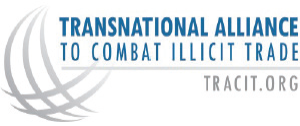
he escalating illicit economy is a major impediment to global economic and social development. From smuggling, counterfeiting and tax evasion, to the illegal sale and possession of goods, services, humans and wildlife, governments are losing billions in tax revenues, consumers are exposed to unregulated, unsafe products and society is witness to a steady unraveling of peace, security and rule-of-law.
Illicit trade has a particularly debilitating effect on legitimate business and the business stakeholders represented in the B20. Unfair competition from shady operators side-stepping regulations erodes opportunities for growth, local productivity and employment. At the same time, business incurs higher costs due to reputational damage and rising supply chain compliance, security and insurance costs.
In addition to distorting markets and draining public revenues, illicit trade undermines society’s efforts to achieve the United Nations’ Sustainable Development Goals (SDGs) with negative impacts on consumers, workers and the environment.
HUMAN RIGHTS
FEATURE
“We wanted to leave Vietnam because our country has no human rights,” Huynh said. “We have no freedom here.”
The trip did not go as planned. The provisions ran out and they were forced to forage for food on islands along the way. The boat also started taking on water. On the 21st day they were stopped by Australian authorities and detained. Huynh feared that she would be returned to Vietnam and sent to jail. However, Australian officials assured her they would be fine; agreements were in place with Vietnam to ensure they would not be arrested.
“The Vietnamese government did not keep their promise to Australia,” Huynh said. “They detained and interrogated us and sentenced my husband to three years in prison.”
global cyber alliance (GCA)
branded story
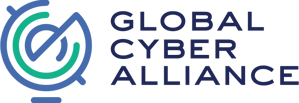
n its latest Global Risks Report, the World Economic Forum includes cyber-attack as one of the biggest threats facing our world in 2019. Some studies estimate that cybercrime costs the global economy as much as $600 billion1. The issues have never been more complex and the need for action more critical.
The Global Cyber Alliance (GCA), a nonprofit organization, is working to address these issues. Founded by the Manhattan District Attorney’s Office, the City of London Police and the Center for Internet Security, GCA is dedicated to eradicating cyber risk and improving our connected world by bringing free cybersecurity solutions to the world.
GCA’s initial efforts have been focused on reducing the risk of phishing as it remains one of the biggest risks – from delivery of malware and ransomware to the gathering of sensitive data to commit fraud. In fact, multiple studies show that over 90% of breaches begin with an email. GCA has developed a platform to enable easier implementation of an existing email authentication protocol known as DMARC and has built a global service known as Quad9 that prevents access to known malicious websites. Most recently, GCA has set its sites on making these and other tools more accessible to small and medium-sized business.
GERMANY
FEATURE
 Germany:
Germany:Reliable and
Strong Partner
of the B20
 Germany:
Germany:Reliable and
Strong Partner
of the B20
 Germany:
Germany:Reliable and
Strong Partner
of the B20
GERMANY
FEATURE
 Germany:
Germany:Reliable and
Strong Partner
of the B20
 Germany:
Germany:Reliable and
Strong Partner
of the B20

GLOBAL
POLICY LAB
Overview Proposal
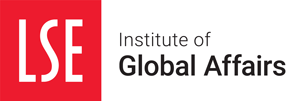
LSE

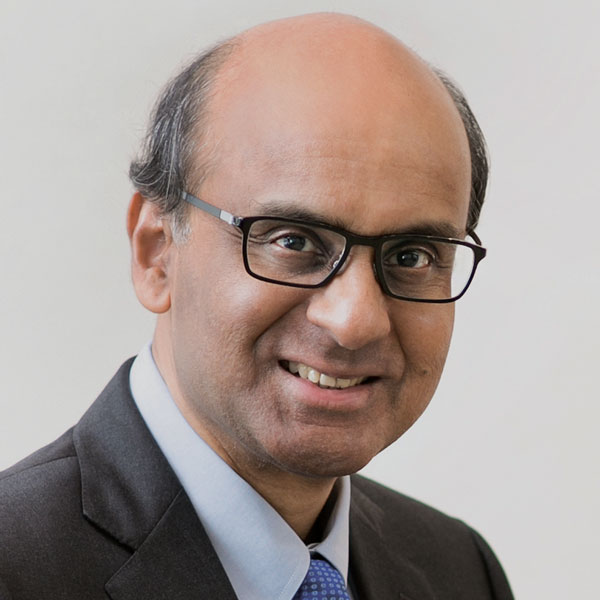
The G20 Eminent Persons Group of Global Financial Governance (EPG) has made specific proposals to achieve these objectives. The reforms needed are within our reach. They involve new ways of spurring development finance, and ensuring greater and more lasting development impact. There is large untapped potential for joint action by the MDBs, bilateral institutions and the private sector, to work with countries to de-risk not only individual projects but whole investment environments. There is also significant opportunity to diversify risks across countries and build a standardized, large scale asset class to attract institutional investors, who to date have had minimal participation in developing country infrastructure.
We must also deepen domestic financial markets, and enable countries to benefit from capital flows and run sustainable current account deficits, where they are fundamentally needed at their stage of development, without the recurring bouts of instability that set back growth. It is critical too, that we build a more reliable global financial safety net – by ensuring an adequately-resourced global layer in the IMF, and stitching together the decentralised structure of global, regional and bilateral arrangements that have evolved over the last decade. We must also put in place a more integrated system of global risk surveillance, to avert the next crisis.
LSE

London School of Economics and Political Science
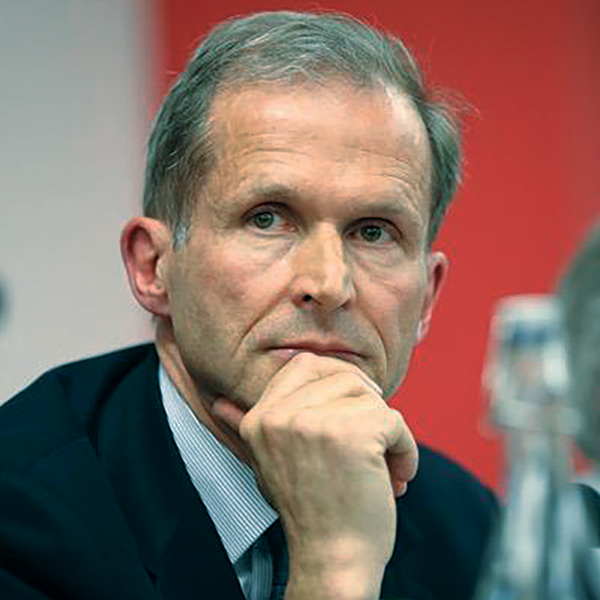
Do we have a global financial system that works for all and are we having the critical impact required to address the global challenges to create a sustainable future for our children and grandchildren? Do our multilateral financial institutions really function as a system? Do the shareholders, and ultimately the taxpayers, get value for money? The G20 Eminent Persons Group on Global Financial Governance (EPG) was a G20 initiative under the German Presidency in 2017 to review the efficiency and effectiveness of the global financial architecture.
The urgent transformation needed to achieve the UN Sustainable Development Goals in 2030 requre global investments on a scale far beyond what we have seen to date, particularly in emerging and developing economies. Much of it will have to come from the private sector, but the international financial institutions will play an important part in supporting the efforts of countries to enhance the investment climate, particularly through improved governance and human capital, and in facilitating private investment by bringing down and sometimes sharing risk.
LSE

Global Financial
System Work
for All
n April 2017, the G20 Eminent Persons Group on Global Financial Governance was asked by the G20 Finance Ministers and Central Bank Governors to recommend reforms to the global financial architecture and governance of the system of International Financial Institutions (IFIs) so as to promote economic stability and sustainable growth in a new global era; and to consider how the G20 could better provide continued leadership and support for these goals. The result was the first of its kind global report titled “Making the Financial System Work for All.”
At the heart of the report is the future of the open and competitive world order that has brought a large part of humanity out of poverty, raised living standards across nations, and provided the foundation for unprecedented global peace over the last 70 years. That open order remains critical to every nation’s future. But the system of international governance and cooperation that underpins it is fraying. Left on its own, there is a real risk of drift into a fragmented world, with policies in different parts of the world working at odds with rather than reinforcing each other, and with all nations ending up losing.
LSE

Overview proposals
Re-focus on governance capacity and human capital, as foundations for a stronger investment climate.
Build effective country platforms to mobilize all development partners to unlock investments, and maximize their contributions as a group, including by convergence around core standards.
Implement regional platforms to facilitate transformational cross-border investments and connectivity.
Reduce and diversify risk on a system-wide basis to mobilize significantly greater private investment, including portfolio-based infrastructure financing.
Proposal 4a:
Shift the basic business model of the MDBs from direct lending towards risk mitigation aimed at mobilizing private capital.
Proposal 4b:
Develop system-wide political risk insurance and expand use of private reinsurance markets. Proposal
Proposal 4c:
Build a developing country infrastructure asset class with the scale and diversification needed to draw in institutional investors.
Right-size’ capital requirements for MDBs and other investors in infrastructure, given their default experience.
Proposal 5a:
Establish tailor-made capital and liquidity frameworks for the MDBs.
Proposal 5b:
Review the regulatory treatment of infrastructure investment by institutional investors.
Strengthen joint capacity to tackle he challenges of the global commons.
Proposal 6a:
Integrate activities in support of the global commons into the IFIs’ core programs, and coordinate them within country platforms.
Proposal 6b:
Create global platforms with the UN guardian agency and the World Bank coordinating and leveraging on the key players in each of the commons.
LSE


LSE

The Role of the Global Financial System

Investing in broad-based human capital distinctly creates a three-way win-win. Human capital is key for economic growth. Human capital investments are also key for building equitable societies. And human capital is not only “capital”—that is, an input for production—but higher levels of human capital immediately translate into superior quality of life. Better health and nutrition, achieving literacy and numeracy, and access to modern sanitation services not only make people more productive but vastly improve their living conditions and well-being. Human capital improvements translate into longer, healthier, and more fruitful lives.
LSE

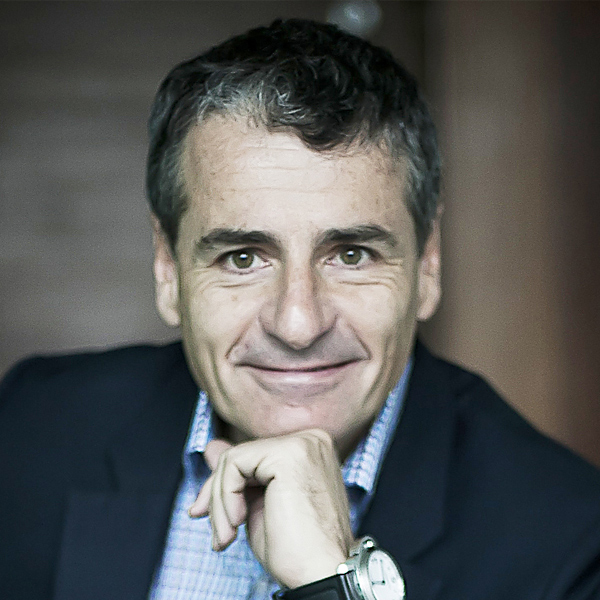
“Today it is a sin to run a current-account deficit, and that is crazy,” lamented Singapore Deputy Prime Minister Tharman Shanmugaratman at the annual gathering of the International Monetary Fund and the World Bank in Bali in October 2018. Ministers who boasted of their balanced current accounts, while officials from deficit countries were treated like reprobates. Yet, as Tharman reminded the crowd, countries like South Korea and Singapore “grew by running current-account deficits at early stages of development, so we could invest ahead for growth while our savings were being built up.”
Economic theory is squarely on his side. A family need not wait until it has savings equal to the value of a house before buying one. Instead, it makes sense to borrow while the parents are young and their income is still relatively low, and to repay once they are better off. The same logic applies to a developing country, which in order to escape poverty should run a deficit and borrow while still poor.
LSE


As the global economy is still in the midst of unprecedented policy uncertainty with increasing risks of a widespread slowdown of trade and economic activity, the G20 is going to examine in the coming months the proposals of the G20 Eminent Persons Group (EPG) on Global Financial Governance. The EPG Report was broadly endorsed by G20 Leaders at their Summit in Buenos Aires last December and its implementation is currently being considered by the relevant technical instances under the aegis of the G20 Japanese Presidency.
The EPG proposals are considered valuable, although most of them are deemed to require a multi-year time commitment. It is understood that the Japanese Presidency will identify a limited number of proposals for early discussion and possible approval by Leaders at the Summit in Osaka at the end of June 2019. The EPG made 22 proposals covering three separate chapters of the Report: Development (9 proposals); Finance (7 proposals); Governance (6 proposals). Of these 7 are expected to be considered: 4 in the Development agenda and 3 in the field of Governance; regrettably, none of the Finance proposals have been selected.
LSE

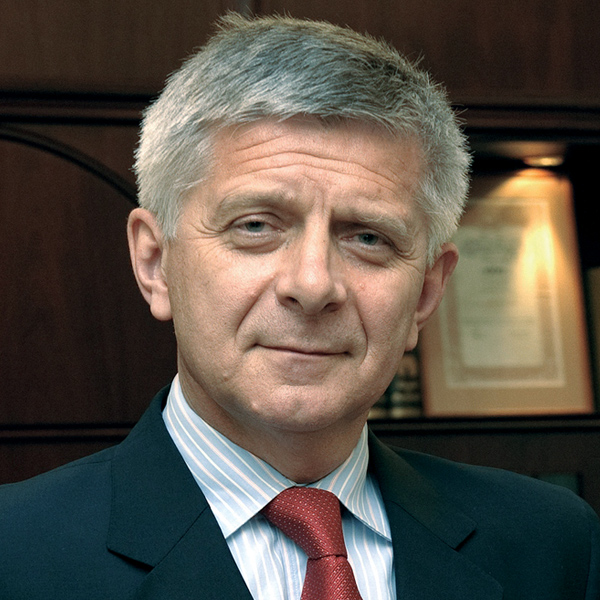
2019 is another important year for Europe. The United Kingdom will most probably leave the EU and and we will all have to redefine our mutual relations within the continent and in the global community. In May 2019, election to the European Parliament will take place. Its future composition, but also the turnout at the polls in all 27 EU members may be decisive for the future of integration. Some time later, a new Commission will be formed, reflecting the ever-changing political landscape. This is a time for disscussing priorities and challenges facing Europe, even if realistically the “tyrany of status quo” will inevitably put a big pressure on us.
Four major factors shaped the fortunes and misfortunes of Europe in the last decades.
First, the creation of Euro – the common European currency, made the integration seem inevitable and irreversible, helped European firms to grow to a global significance but also made the economy of the continent more vulnerable to external shocks. This latter problem is generally attributed to the fact that the common currency lacks sufficiently solid institutional underpinnings.
LSE

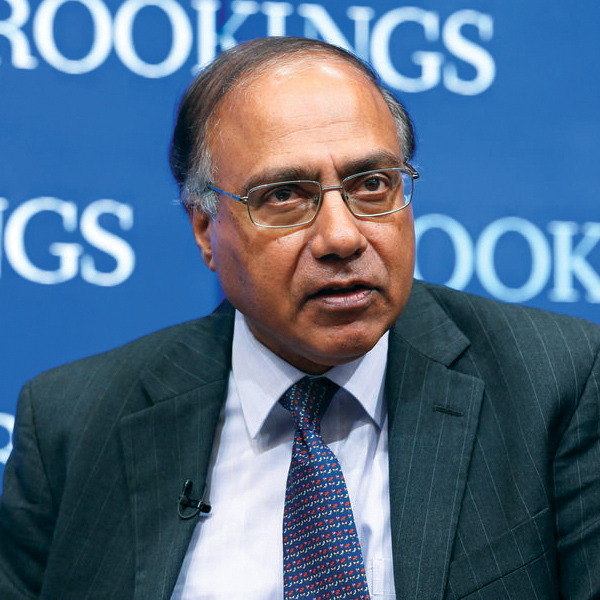

The G20 Finance Ministers requested an Eminent Persons Group (EPG) to make recommendations on global financial governance. The report of this group, delivered in October 2018, argues that “we need substantially greater impact in helping countries achieve sustainable development and inclusive growth, and in managing the growing pressures in the global commons. The current pace of change will not get us there.”
The EPG report outlines reforms to position multilateral institutions at the center of a “cooperative international order suited to the 21st century.” Only in a global context that is decentralized, yet resilient, can national policies align with international initiatives. Individual countries need such a system to achieve the universally-agreed set of UN Sustainable Development Goals (SDGs) by 2030. The world needs such a system if it is not to be overwhelmed by the challenges it confronts—climate change, low productivity growth and wage growth and sustainable infrastructure accessible to all.
LSE

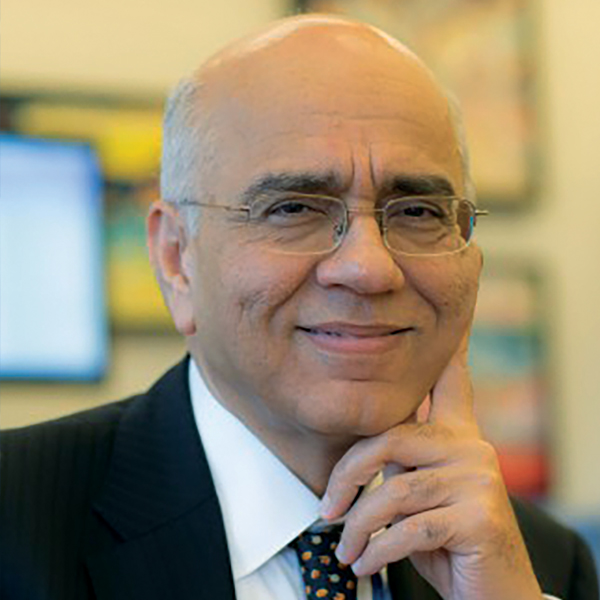
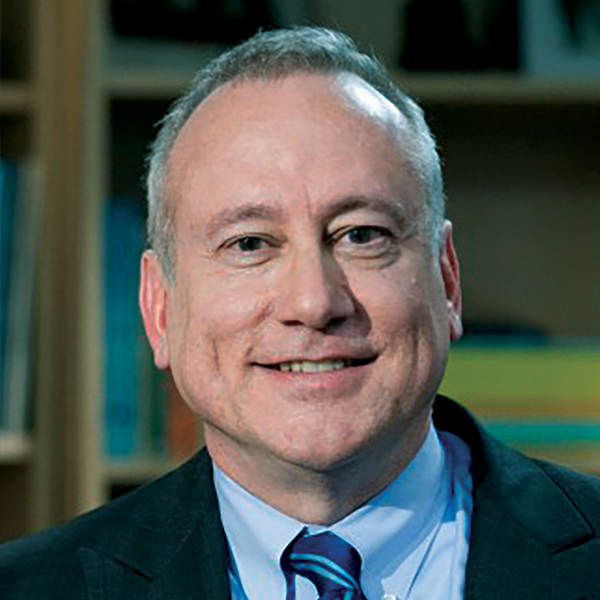
As the B20 community convenes in Tokyo this March to consider how to build “Society 5.0”, we strongly urge them to review and support the G20 commissioned report of the Eminent Persons Group (EPG) on global financial governance. The recommendations of the report are foundational to the types of changes the Keidanren envisages as we move beyond the information society. As the EPG underscores, it is time to transform the post-World War II global financial architecture to avoid the “risk of drift into a fragmented world, with policies in different parts of the world working at odds with rather than reinforcing each other, and with all nations ending up losing.”
The EPG report makes 22 concrete proposals for change. None is revolutionary, all are practical. Alone each would make some small difference in the way we work together across the globe. But taken as a package, the proposals have the potential for fundamentally shifting the governance of the financial system, and moving capital flows to those parts of the world where there are the greatest opportunities for economic advancement and the highest risks of human catastrophe if the system is left unchanged.
LSE


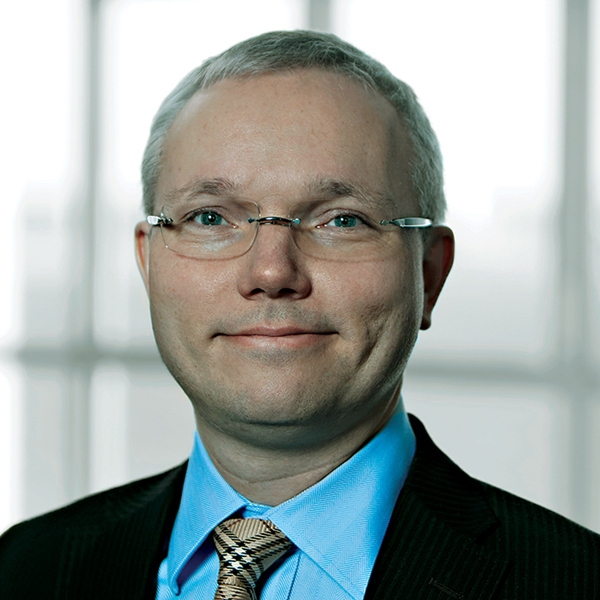
Preventing devastating climate change will require large scale investments in renewable energy, smarter cities, buildings, and many other assets. Part of these investments will be in advanced economies, but to effectively tackle climate change and achieve other Sustainable Development Goals, large capital flows between advanced, emerging and developing economies are needed.
As estimated by the Global Commission on the Economy and Climate, a total of USD $90 trillion investments in infrastructure is needed globally over the 2015-30 period – roughly doubling past investment levels and delivering more than the world’s entire current infrastructure stock. This will hardly happen without financial innovation. Hence the G20 Eminent Persons Group on Global Financial Governance has, rightly, emphasized that significantly greater private investments could be mobilized, including by building a sustainable infrastructure asset class with sufficient scale and diversification to attract institutional investors.
LSE

How to Make the Global Financial System Work Better
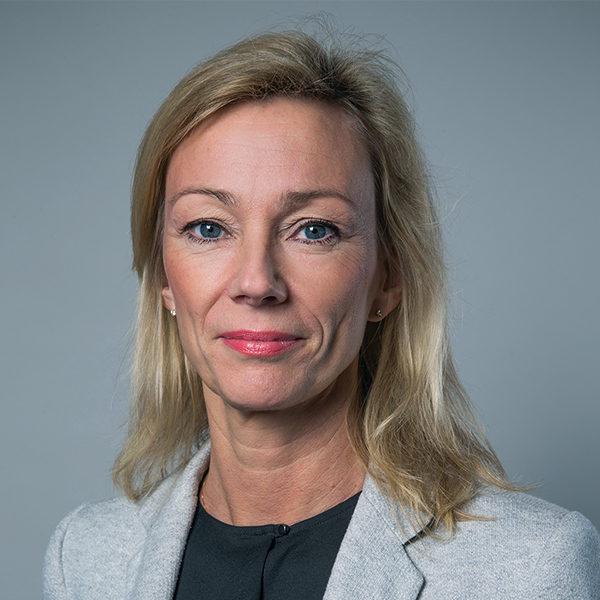
Surely, we should be able to make the global financial system work better. Financial capital should be steered to where it could do the most good, without having as a side effect that receiving countries from time to time have to go through severe financial crises. Such crises set them back years in terms of economic growth.
LSE

Coordinator of the 15th Replenishment of the African Development Fund at the African Development bank
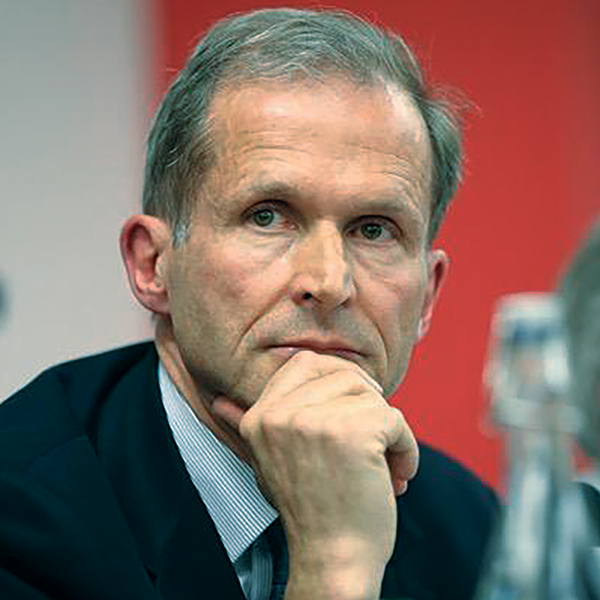

What did the EPG have in mind? The key idea is a systemic approach – the system working as a system – is needed to meet the more complex and intertwined development challenges. This can only be achieved through three important changes in the way the development community operates: 1) a more coordinated and collaborative approach among development agencies, 2) crowding in the ideas and financial capacities of the private sector, and 3) placing the country (its policies, capacities, and development needs) at the center. Only the G20 has the convening power and authority to drive these changes.
Global Economy
FEATURE

Global Economy
FEATURE
Global Economy
FEATURE

Lagarde has always been acute and prospective, which can be reflected by her profile. As a lawyer specializing in anti-trust and labor in Paris, Lagarde chaired international legal powerhouse Baker & Mckenzie in 1999. After serving several ministerial positions in French government, she became the first female Financial Minister of a G7 (then a G8) country and then the first chairwoman of the IMF in 2011. During the Euro crisis, she strongly supported austerity on Greece in exchange for a rescue package.
Globalization 4.0
FEATURE
LIVEYON
branded story

Transforming Medicine. Transforming Lives. Transforming the World with Liveyon.
he founder of Liveyon, John W. Kosolchareon can probably pinpoint to the actual moment he became passionate and determined to be involved in delving more into regenerative medicine. When Liveyon first opened its doors in 2016, John with his world class team of scientists have immersed themselves in finding avenues of self-healing of the human body through regenerative medicine.
The potential scope of therapies using regenerative medicine isn’t really that surprising. Scientists have been researching and experimenting on this subject for decades now. The nature of the treatment is no doubt attractive to anyone who is looking to enhance their quality of life, particularly having suffered from continued pain from degenerative diseases, sports injuries or osteoarthritis. The form of treatment is fairly easy and painless with minimal downtime. Thus, it is natural that anyone would want to try a therapy that provides a new age treatment along with concentrating on patient convenience.
ECONOMIC POLICY
feature
But rather than complaining and threatening its international trading partners—the EU is Beijing’s biggest—Chinese policy-makers may want to take a step back and try to understand why it is met with increasing dissatisfaction.
Europe’s pullback follows hot on the heels of Washington’s own moves to curb the influence of the Middle Kingdom and its firms, even urging Europeans to “link arms” against the far eastern threat. But tech is not the only sector where skepticism on both sides of the Atlantic about China has been growing. The country’s heavy industries and its overcapacities in steel and aluminum have been criticized by both Washington and Brussels for years, leading the U.S. to impose sanctions on Chinese steel and aluminum imports in March last year.
For the U.S. and the EU, Beijing’s use of market distorting policies to prop up its domestic industries has been a painful thorn on the side, as has been the lip service of Chinese officials to ending the resultant excessive capacities. For steel, organizations like Greenpeace criticized in 2017 that China’s capacity cuts look impressive on paper, but belie the fact that 36.5 million ton s were added in 2016 alone. Beijing stepped up its efforts in late 2017, which resulted in a mild reduction in steel production. However, the same cannot be said for aluminum.
But rather than complaining and threatening its international trading partners—the EU is Beijing’s biggest—Chinese policy-makers may want to take a step back and try to understand why it is met with increasing dissatisfaction.
Europe’s pullback follows hot on the heels of Washington’s own moves to curb the influence of the Middle Kingdom and its firms, even urging Europeans to “link arms” against the far eastern threat. But tech is not the only sector where skepticism on both sides of the Atlantic about China has been growing. The country’s heavy industries and its overcapacities in steel and aluminum have been criticized by both Washington and Brussels for years, leading the U.S. to impose sanctions on Chinese steel and aluminum imports in March last year.
For the U.S. and the EU, Beijing’s use of market distorting policies to prop up its domestic industries has been a painful thorn on the side, as has been the lip service of Chinese officials to ending the resultant excessive capacities. For steel, organizations like Greenpeace criticized in 2017 that China’s capacity cuts look impressive on paper, but belie the fact that 36.5 million tons were added in 2016 alone. Beijing stepped up its efforts in late 2017, which resulted in a mild reduction in steel production. However, the same cannot be said for aluminum.
GLOBAL TALENT SUMMIT
branded story

hange is constant and everything inconvenient will change,” declared Chris Luebkeman, Global Director of Arup Foresight at last year’s Global Talent Summit. How we prepare for that change will hinge in whether we are asking the right questions. We ended last year’s summit with more questions than answers. Now in its sixth year, GTS set out to convene cross-sector educators, experts, and public officials from around the world to answer the tough questions about the future of education. This year’s theme sought to answer where will we be in 30 years, and how can we prepare younger generations for the future? Here are the key takeaways.
For Generation Z, figuring out the motivations of top talent will be key in recruiting and retaining them. Global Entrepreneurial Leaders Institute (GELI) founder Annabella Peng drew attention to unique research GELI had conducted, which has found that Gen Z is dedicated to serious social causes, not mere fame or money. The employer on the panel agreed: any corporation that wants to retain top talent from this generation must invest in not only training, but in empowering employees to find meaning in their careers, said adidas Digital IT VP Sebastian Drews. Empowering employees to find a greater sense of purpose is essential to recruiting and retaining top talent from this coming-of-age generation.
future of education
feature

giving every teacher in the world a day back in their time—what would they do? Priya Lakhani, CEO of Century Tech and thirty-five year old mother, posed this question to a room filled shoulder-to-shoulder in New York for the MIT Solve Challenge, a yearly collaboration to coordinate between the public, private, nonprofit, and academic sectors to reward creative and compelling initiatives for solving some of the world’s greatest challenges in sustainable development: looming climate change, equitable access to healthcare, the transformation of work, and the future of learning.
I sat, notebook poised, imbibing the swirling energy of pioneers like Priya whose company uses AI and data mining to allow any educator in the world to learn the unique learning fingerprint of each of their students. Her software saves time by alleviating the administrative overhead of identifying which curriculum is engaging for which students— empowering teachers to quickly understand precisely where students are lagging and offer real-time supplementary lessons, which adapt to the learners so they never fall behind. “Teachers are an incredible workforce,” Priya told me, “Because they don’t spend that [extra] day going to the pub or going to the bar. They actually spend that time making better, timely targeted interventions for the children. And that has, as you can imagine, a huge impact on children’s outcomes.”
economic policy
economic policy
Given the members of the group, one would expect them to tout an economic growth narrative—with statistics reporting GDP growth year over year. But this wasn’t the case.
The responses were much more personal and varied between dates of historical significance to statistics on gender equality, and educational attainment, while others placed value on welfare and well-being.
“GDP isn’t our driving force,” answered New Zealand Prime Minister Jacinda Ardern who was among the panelists. She explained that most world leaders, regardless of where they are on the political spectrum, can be distilled down into increasing the well-being of their people.

